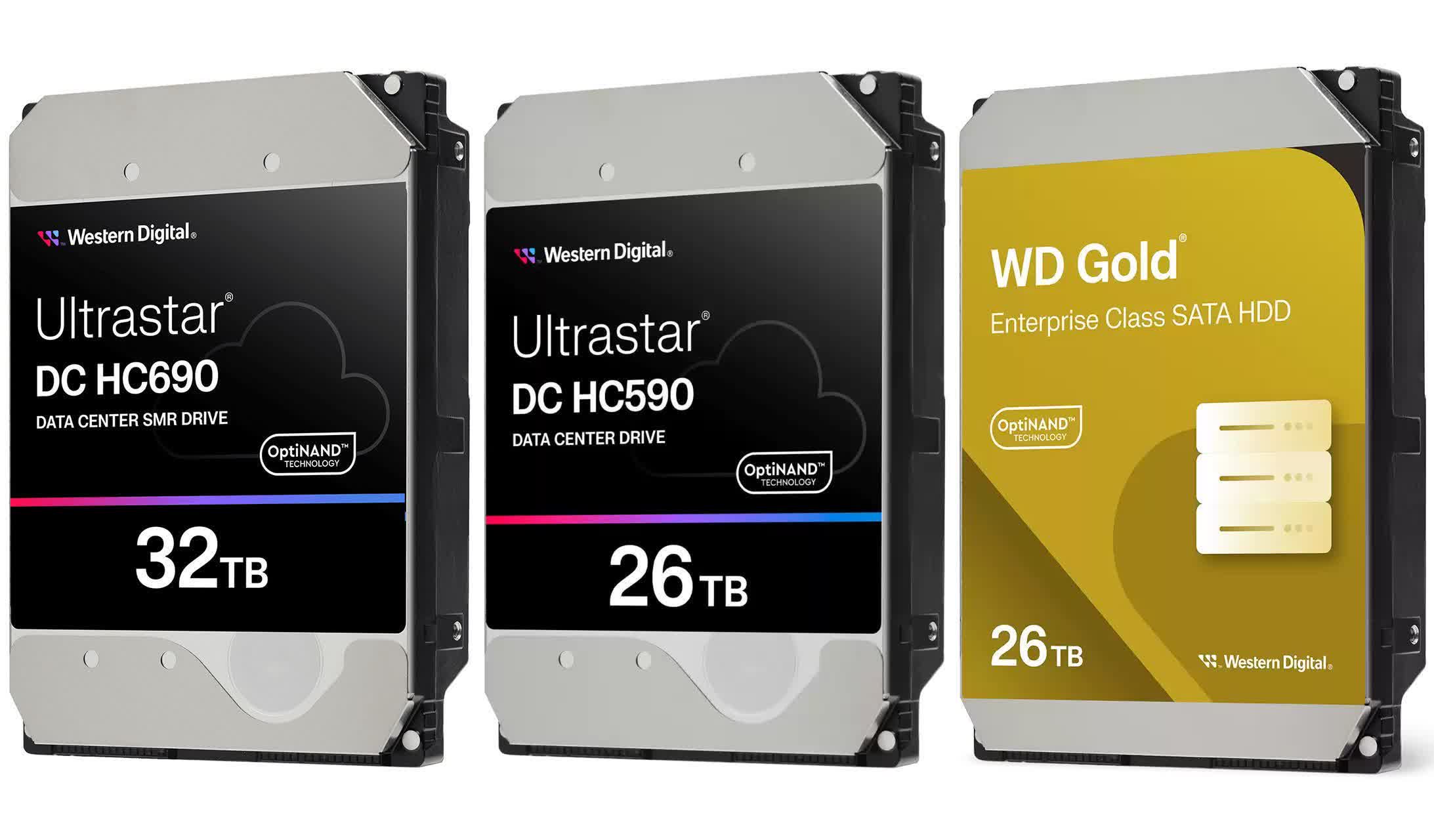Obligatory hint that SMR isn’t suited for RAID systems.
Wonder what happens if you throw them in an unraid BTRFS/jbod configuration with a CMR parity drive.
A better way to word it is: SMR is only suited for archival usage. Large writes, little-to-no random writes.
I wonder how the read performance would be.
If you know the format of SMR, then you can trivially see the read performance is not impacted. Writing is impacted, because it has to write multiple times for each sector write (because of overlapping sectors that allow the extra density).
Impacted write performance, coupled with hdds are generally slow with random writes PLUS the extra potential for data loss due to less-atomic sector writes, makes them terrible drives for everything except archival usage.
Think of the parity!
My Jellyfin just quivered…
😏
If you eyeballing these, please remind that these babies tend to be LOUD AS FUCK, so might not be suitable for home server use.
Just don’t put it in your bedroom. All those dead skin cells wouldn’t do good to it anyway.
I’ve found that the only thing you can hear through a closed basement door are noisy high speed fans, e.g. from used 19" servers, disks produce much less noise.
Are they any louder than any HDD from the last 30 years?
If so, im actually curious why that is
Edit: fixed to say HDD not SSD
Well I have no experience with these particular drives, but they do seem to have 11 platters. Which is beyond insane as far as I’m concerned. More platters means more moving parts, more friction more noise (all other things being equal).
Oops, yes. I definitely would expect these to be much louder than your 6 GB 1998 model HDD wrangling under stress of copying files at 30 MB/s.
Tell that to my IBM 10GB 10.000 RPM U2W SCSI from back then. To this day I have never witnessed a noisier harddrive… But that PC was pretty epic, including the biggest mf of a mainboard I ever had (the SCSI controller was onboard).
Ah, the sound of turning on the SCSI storage tower.
KA-TSCHONK. WeeeeeeeeEEEEEIIIIIII… skrrrt, skrrrt, clack.
Either that or KA-TSCHONK, silence, if there were already too many boxes on that circuit at a lan party 😁
Your everyday modern HDD does not much more than 60MB/s after the on-disk cache (a few GB) is full.
deleted by creator
Assuming that these have fairly impressive 100 MB/s sustained write speed, then it’s going to take about 93 hours to write the whole contents of the disk - basically four days. That’s a long time to replace a failed drive in a RAID array; you’d need to consider multiple disks of redundancy just in case another one fails while you’re resilvering the first.
Except these drives are SMR - not something you’d want in a RAID.
This is one of the reasons I use unRAID with two parity disks. If one fails, I’ll still have access to my data while I rebuild the data on the replacement drive.
Although, parity checks with these would take forever, of course…
2 parity is standard and should still be adequate. Likelihood of two failures within four days on the same array is small.
I’ve been looking to buy a couple 24TB drives. Hopefully, this pushes their price down.
Peertube instance owners rejoice!
Or just people who download porn.
That’s… a lot of porn.
Who doesn’t have multiple TB of videos just laying around?
*Raises hand confidently
*pisses pants nervously before turning into a wolf
I wish there were TBs of porn of what I was into.
If porn was just created on demand instead of filling millions of hdd’s, would anyone notice or care? Finally a use for generative AI.
I don’t have porn just lying around, thank you very much
It’s all seeding for the other degenerates, doing hard work
I prefer 1980s porn jpgs around 90kB each thankyouverymuch.
It’s crazy sizes though uf you think about it, I have like 2 or 4 TB drives and they are far from full.
When will it be commercially available though? Supposedly Seagate has had 30TB drives out for the better part of a year, but I can’t find anything larger than 24TB actually available for purchase.
I’ve been waiting for a 32TB to become available as well, Seagate announced that drive last year and it’s still not available outside data centers. I suspect the WD one will be the same.
There is already a samsung 8 Tb SSD being sold on amazon. Buying 4 of those will be far cheaper than this monstrosity. And it will be silent, and actually useful as a home server, much faster too.
No shot 4 SSDs will be the same price as a HDD of the same capacity yet. HDD is still the king of GB/$.
If I’m wrong… Can you send me some links? I could use some cheap 8TB SSDs.
Nah I don’t believe you at all.
SAMSUNG 870 QVO SATA 8TB = $683.38 x 4 = $2,733.52
8TB x 4 = 32TB
$2,733.52 / 32TB = $85.4225/TB
Yeah one of these disks does not cost more than $25/TB.
26TB x $25 = $650
FWIW in July last year Amazon was selling these as low as $320. My biggest fear of a 26 TB HDD is getting all 26 TB of data off of it if I needed it without the drive dying.
As long as you follow the 3-2-1 rule, you don’t need to worry about putting your eggs in one basket.
Archive link: https://archive.ph/CAxE9
deleted by creator
Damn, how are you so confident?
Nobody will remember or care if he’s wrong.










